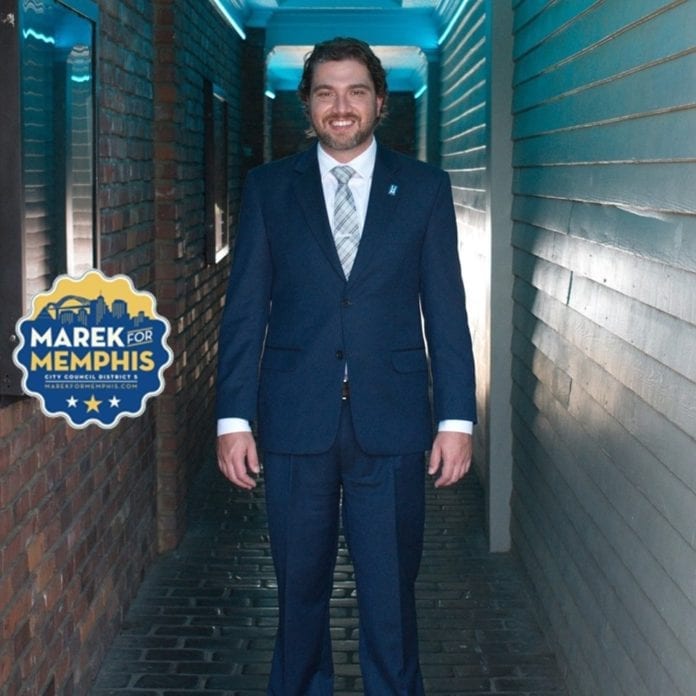GENERAL INFORMATION
Name: John Marek
Candidate for: City Council District 5
Date of Birth: 10-27-1982
Occupation: Business owner; attorney; activist
Educational Background:
-
- High School: Germantown High School (2001)
- College: B.A. in Political Science with a minor in Liberal Arts and Legal Thought (2007), University of Memphis
- Masters/Ph.D (if applicable): J.D., M.A. in Political Science with a focus in American Government and Public Law (2010; 2011), Univ. of Memphis
Family: I was born on October 27th, 1982 at St. Francis in Memphis, Tennessee. Half of my family was from Chicago, who moved to the beautiful city of Memphis in 1970. The other half of my family was from Missouri and Alabama before moving here as well. I’m blessed to still have both sets of grandparents and my parents.
Community Involvement: Board Member, Memphis Civilian Law Enforcement Review Board (2014-2018);
Officer, Save IRV, Inc. (2018);
Member, Memphis Rotary Club (2015-present);
Board member of the Shelby County Democratic Party Primary Board (2018-2019);
Elected member of the Shelby County Democratic Party Executive Committee (2007-2011; 2014-2015);
Founder, Dignity PAC (2019);
Founder and President, NORML Memphis (2013-2016);
Board of Directors, The Bridge: The Memphis Street Paper (2013-present), which discourages panhandling by empowering homeless paper vendors.
President, Univ. of Memphis College Democrats (2005-2007)
President, Southwest Tennessee Community College Diversity Club (2002).
WEBSITE/SOCIAL MEDIA
Official Campaign Website: http://marekformemphis.com/
Facebook: https://www.facebook.com/marekformemphis/
Twitter: https://twitter.com/MarekForMemphis
Instagram: https://www.instagram.com/marekformemphis/
CANDIDATE SURVEY:
What background/experience distinguishes you from the other candidates who want voters to elect them?
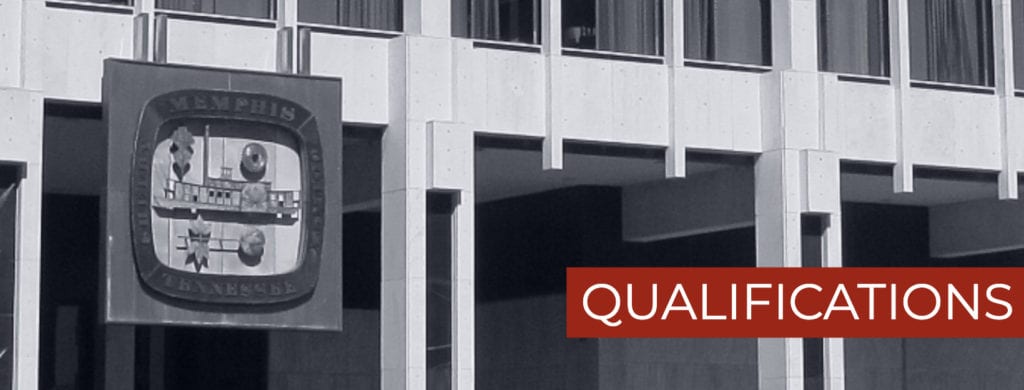
Marek’s response:
I have worked in local, state, and federal government. I am one of two attorneys running for city council; there are currently no attorneys on city council. I was trained to read, write, and interpret law; and we should have at least one member of the city council with that background.
I am also the only Democrat running in District 5 this year. Growing up in an African American middle class neighborhood off Riverdale and Shelby Drive means I have a different background and outlook that those who have traditionally represented District 5.
What are the top three issues facing the City of Memphis?

Marek’s response:
1. Depopulation
2. Blight/poverty
3. Redistricting
What do you propose to address the three issues you rank as top priorities?

Marek’s response:
1. Depopulation: I pledge to look for ways to collect revenue from the people who work outside of our city but use its public services on a daily basis. Most of the people who live in Germantown do not work in Germantown; they work in Memphis. Our roads and our services are used by many people who live near the city but do not pay for the roads and services they use. One idea I came up with in 2015 would be to tax the downtown parking garages for all non-city residents. We should not stop there.
2. Blight/poverty: While city council cannot waive a magic wand and rid us of poverty (state and federal government could do much more), city government should do what it can to clean up blight. Blight is not only unsightly, but it also presents a safety issue. Here is my call to action on blight:
A. First and foremost, I believe we should go after the banks and other large companies/conglomerates, who buy up blighted properties but do not fix them or pay the taxes owed on them.
B. As councilman, I would propose we offer a tax abatement to property owners who can show they are removing blight from their property. This abatement would likely be limited to 3 years, assuming the property remains up to code, and it would be done using the money collected from the tax collections on bank/business-owned blighted properties.
C. The primary target for the above program would be geared towards blighted properties within 300 yards of a Shelby County School, and it would expand out as the program receives more funding.
D. Activating the TN Clean Neighborhoods Act: This state legislation, which only applies to certain large cities in TN, can be enacted by our city council on a first reading. If activated, it would allow the city to shift money away from contractors to community and neighborhood organizations, when it comes to mowing the grass and removing trash from blighted properties. These organizations have a vested interest in cleaning up their neighborhoods (not just a profit motive) and the potential to empower their communities by doing so.
3. Redistricting: The city council we elect this year will redraw the districts for the next 10 years. For too long, we have allowed country club Republicans to draw maps that benefit the wealthiest 1%. They have done this through super districts, where 25% of the city’s population is choosing 50% of the super district seats’ representatives, and they do it through low turnout and wasteful runoffs, which benefit incumbents and wealthy candidates. We have a 65% African American city and a 75% progressive city. We need to redraw the city council districts into 13 single member districts. This will create small districts that are more representative of the city’s population.
Do you favor the call for a half-cent sales tax increase to restore healthcare and retirement benefits for police officers and firefighters cut in 2014?
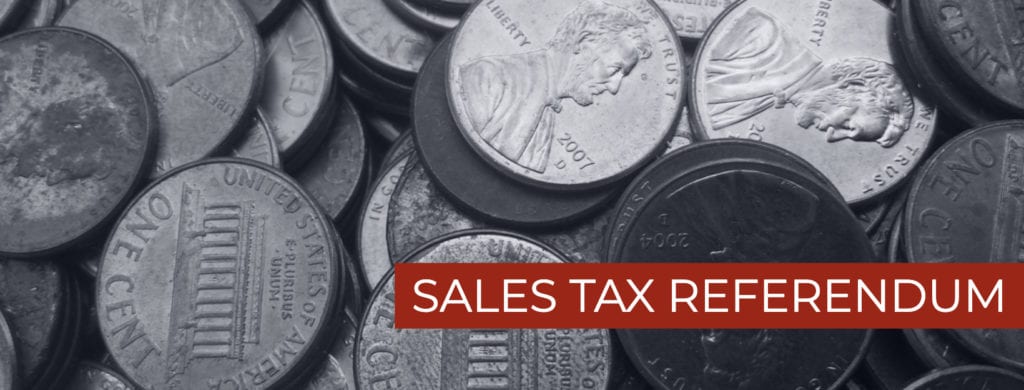
Marek’s response:
Yes. While I dislike regressive sales taxes, I understand that the Republican state legislature ties our hands when it comes to our ability to collect revenue. We are limited to property taxes and sales taxes. Because of our revenue limitations, I support the half-cent sales tax increase because our first responders never deserved to have what was promised to them taken away. Our police and fire employees planned their finances and their lives on the contracts and promises they were given. I understand that the budget needs cuts, but there are other ways we can accomplish that (city/county consolidation would be one good way to save resources).
Do you think the local PILOT (payment in lieu of taxes) program needs to be reformed? If so, why and how?
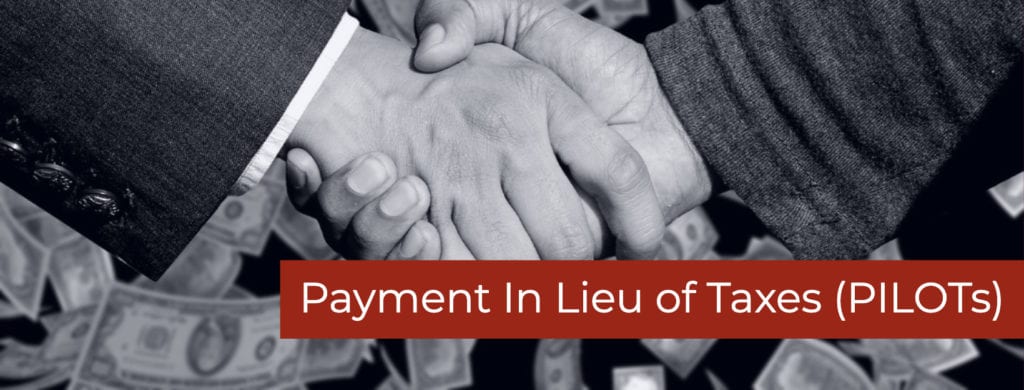
Marek’s response:
Yes. Too often, PILOT programs are benefiting established Memphis entities. The point of PILOTs should be to attract new businesses to the city; not for corporate welfare to existing and well-established entities.
We also need to make sure that jobs being created by new businesses are paying a living wage and benefits. Our workers deserve jobs that respect them and do not force them to seek government assistance in order to survive. Our workers deserve respect and dignity.
Do you see a risk of displacement and gentrification connected to the development boom in Memphis? If so, how would you address that risk from the position you seek?
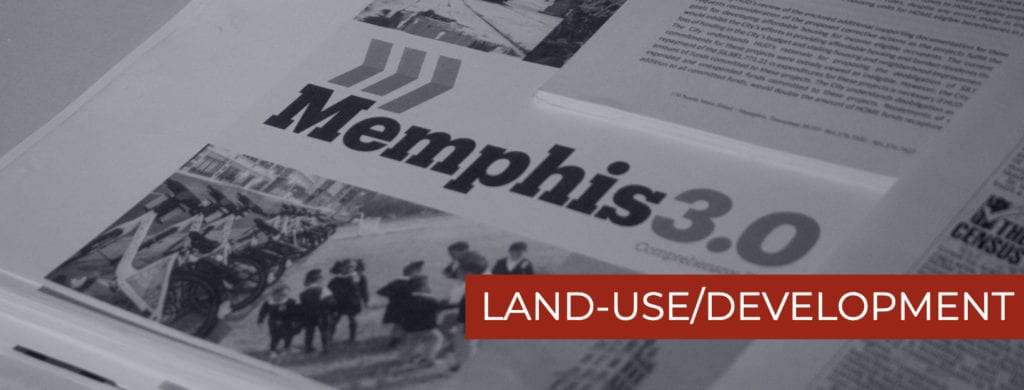
Marek’s response:
While I love the growth happening in Memphis, I hate that so much of it is limited to certain parts of town. We are definitely seeing price and rent increases in those neighborhoods. I do not want people forced out of their homes due to increasing values. It may be time for us to explore temporary rent freezes for families living in rapidly growing parts of town for the past 10 or more years. Someone else’s fortune should not cause them misfortune.
African-American-owned businesses have made up only 1 percent of all Memphis business receipts for several decades. If elected, do you see playing a role in changing that statistic? If so, what do you think that role would entail?

Marek’s response:
It is very important to me that we change this statistic. I would like to explore ways of creating additional financing for those who are interested in starting their own business. So many people have the right work ethic and the right idea, but they do not have access to the capital needed to start a business. I myself did not have the capital needed to start my business, but I was fortunate and privileged enough to have the network to round up investors.



